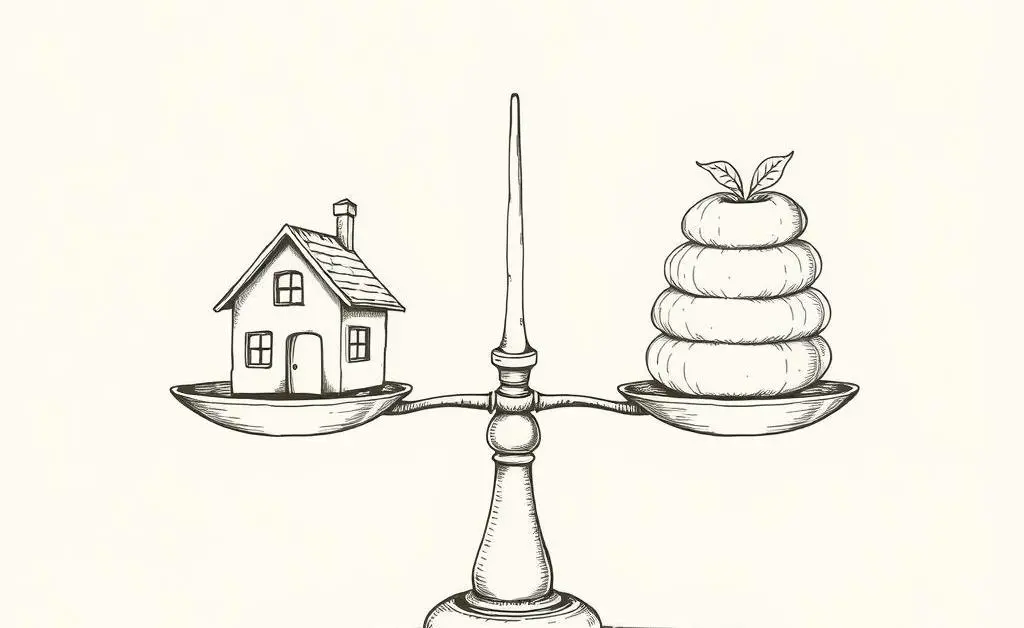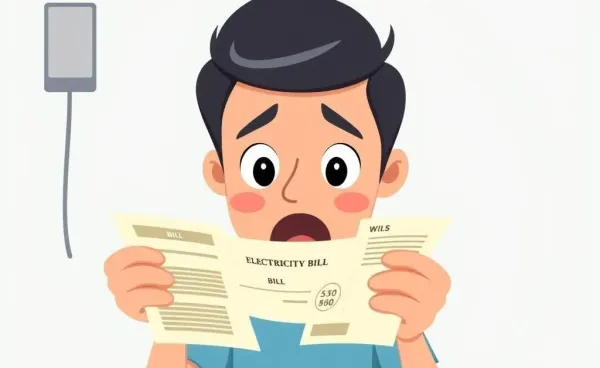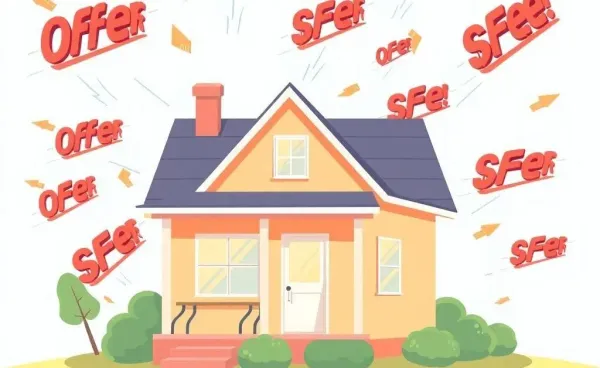Should You Pay Off Your Mortgage with Your Retirement Savings?
Explore the pros and cons of using retirement funds to pay off a mortgage.

Have you ever caught yourself daydreaming about the freedom that comes with having no monthly mortgage payment? It’s a pleasant thought, right? Imagine stepping into a future where you’re still living comfortably in your well-loved home, but now without its hefty financial tail. On the other side of the coin, there’s the reality of the funds that currently assure your cozy retirement days ahead – your cherished 401k or IRA.
Understanding the Trade-Off
Reckoning with the question of using retirement savings to pay off a mortgage is no light feat. It’s a decision tangled with emotions and reason. The appeal of having fewer monthly bills is tempting, yet the security of retirement funds is a comforting pillow for future peace of mind.
Before making this choice, it’s essential to weigh a few key components: the interest rate on your mortgage, your current age, and your overall retirement plan.

Mortgage Rates Vs. Investment Returns
Let’s consider the numbers. If your mortgage interest rate is relatively low, say under 4%, and your investments typically yield 6-7%, you might be better off maintaining the investment. Your money is potentially growing at a higher rate with your retirement savings than you're paying in mortgage interest.
On the contrary, if your investment returns consistently lag behind your mortgage rate, it might be worth exploring this payoff option.
Imagining Financial Freedom
The psychological benefit of being mortgage-free can’t be understated. Enjoying your home without looming debt often instills a profound sense of relief and joy. For a lot of us, reducing our monthly obligations is akin to widening our avenues for financial options, such as traveling or starting a new venture.

Think About Your Timeline
Age plays a vital role in this decision. If you’re nearing retirement age, tapping into funds now may not be the best use of your resources. Conversely, if you’re younger and have time to rebuild those funds, the flexibility could be beneficial.
Smart Planning for the Future
Ultimately, making a choice that best aligns with your long-term financial health is key. It might help to visualize where you see yourself in five, ten, even twenty years. Is it the security of a paid-off home or a substantial retirement account that brings more comfort?

It might also be wise to consult with a financial advisor who can offer a clear-eyed view of your unique situation. Their guidance can illumine paths where both options are possible or suggest alternative routes that bring peace and security.
Takeaway
So, should you pay off your mortgage with your retirement savings? The answer isn’t one-size-fits-all. It’s a choice wrapped in personal situations and preferences, often best made with an eye on the bigger picture. By balancing logic and emotion, and perhaps sipping on a warm cup of tea as you ponder, you’re sure to land on the decision that feels right for you.




